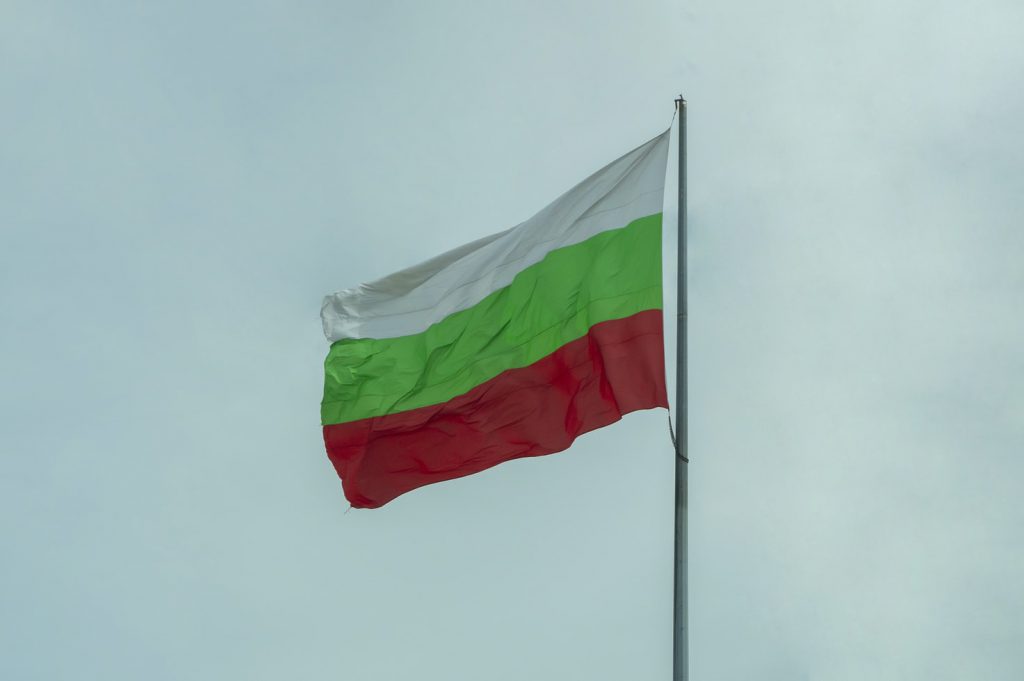Southeast European nation and the most recent member of the European Union, the Republic of Bulgaria is one of the 11 Balkan nations. The nation has a diverse and rich culture, a mild climate, and a geographically advantageous position. Pakistanis need a visa to go to and work in Bulgaria for any period. A tourist visa typically has a 90-day validity period during which the person is considered a tourist. Meetings for business purposes are permitted, but engaging in any financial or commercial action is not. Each year, hundreds of Pakistanis use a variety of strategies to apply for residency in Bulgaria, including investments, student exchanges, work permits, etc.

Investor-sponsored residence program
Since its inception in 1986, the investor program for residence has served as an alternate means of acquiring a permanent residency in Bulgaria. Some of the many advantages of purchasing a permanent home via investing include:
- Getting a residency may be done in as little as 6 to 9 months.
- 2-year fast route to citizenship.
- Exemptions for being physically present in the nation.
- Bank funding and state-approved investment possibilities.
- Language is not necessary.
- No need to renounce the present nationality.
- Enticingly low tax rates.
- Intra-EU commerce is free.
- No restrictions on travel inside the Schengen area after joining.
- Health advantages.
- Tax exemptions (with restrictions).
Options for investments
Depending on the amount spent, the Bulgarian government provides foreign investors with 5 different kinds of investment possibilities. A foreigner may invest in the capital structure of a Bulgarian firm for as little as UD$ 250,000. The money must be invested in physical and intangible assets and utilized to hire at least 10 Belgians. Similar to how the privileges rise with the quantity of investments, so do the conditions for each level of investment.
Obtaining a visa via work
When it comes to granting work permits, the Bulgarian government is highly picky. Due to its stable economy and forward-thinking laws, Bulgaria is a well-liked travel destination for expats and foreigners. As a result, thousands of individuals seek work permits every year. Only those who are essential and advantageous to the country’s workforce are allowed to join it, thanks to a rigid standard. First off, an employer may only apply for a Bulgarian work visa if it is impossible for a Bulgarian citizen who is jobless to fill the post. Second, the applicant must find employment before arriving since the immigration service does not give open work permits. Only the positions and employers listed on the work permit are permitted for the holder to work for. Finally, after receiving the work permit, the employee must apply for the long-term visa D, which calls for the filing of certain paperwork and an interview.
The paperwork needed for a work permit
The prerequisites for a work permit may sometimes change, thus it is advisable to check the official website or speak with an agent to learn the most recent criteria. Here are some minimal conditions that must be met.
- Three passport-size images of the employee.
- A duplicate of the worker’s passport.
- Reasons and goals behind applying for a work visa.
- Bulgarian employer’s certificate of incorporation.
- Employment agreement (terms, conditions, demands, etc.)
- Academic credentials (coursework, degrees, training, etc.)
- Documents about work experience (letters, accolades, successes, awards, etc.)
Requirements for applying for a Type D visa
They include:
- A copy of the applicant’s passport
- A picture the size of a passport
- Evidence (work visa, job contract, etc.) supporting the need for the trip
- Medical protection
- Arrangements in Bulgaria
- Proof of having the money needed to maintain a respectable standard of living
It should be noted that another firm may be utilized as the employer of record if the company is not formed in Bulgaria.
You may also find these articles helpful
Applying for a visa to Bulgaria – full guide
